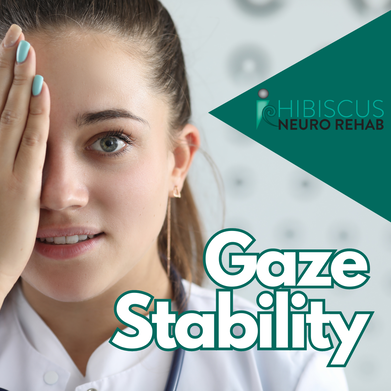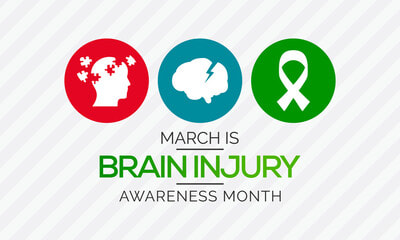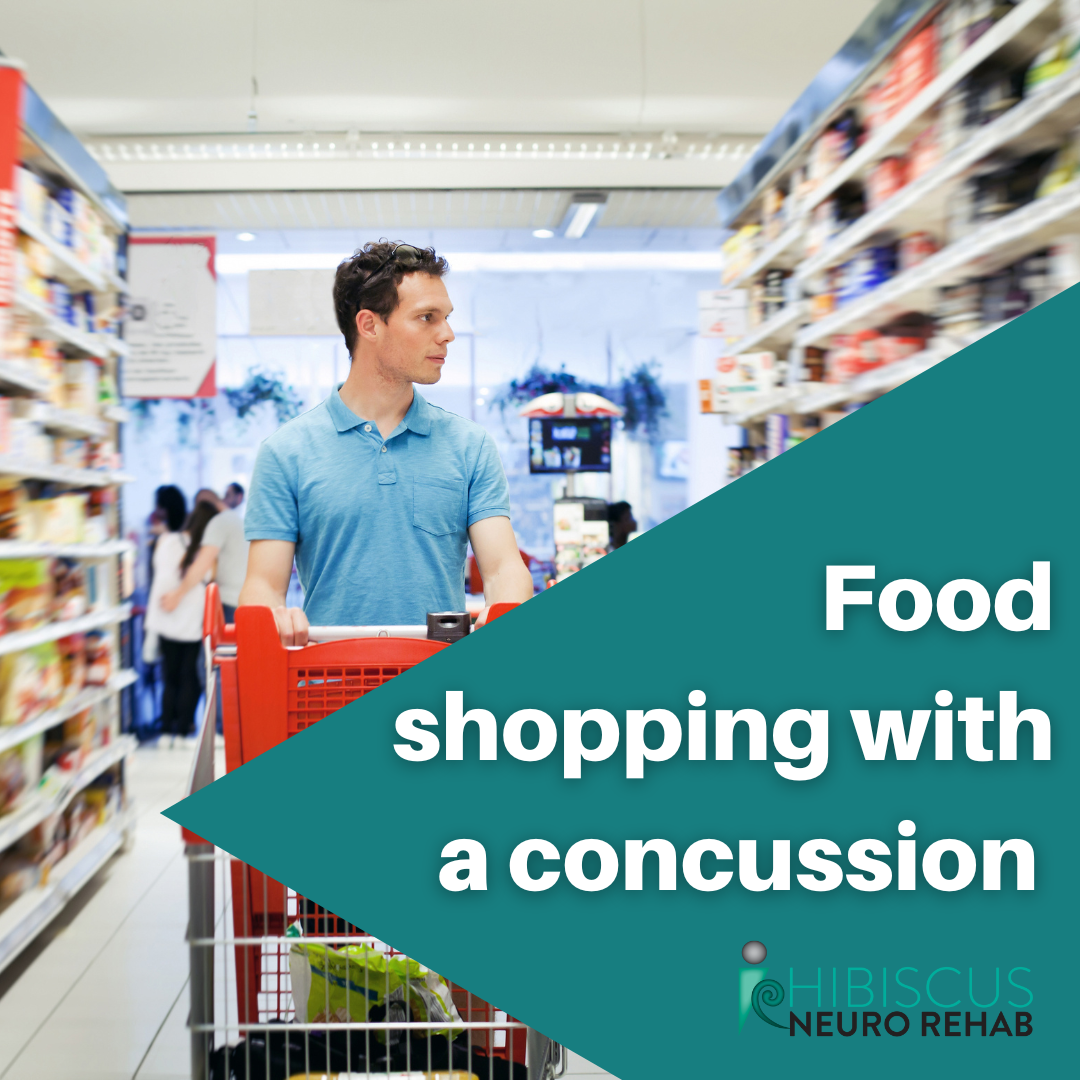|
We talk about gaze stability A LOT in clinic, so what are we actually talking about!?
Gaze stability is our inherent ability to stabilise our visual world. There is a reflex that works between the vestibular system and the visual system, so that our image of the world is not jumpy, jerky or bouncy! What is it? Gaze stability is the ability to stabilise our eyes on a target effectively while our head and body are moving. Think about a camera on a stabiliser - you don't get a jumpy image. Our gaze is the same - it is smooth and stabilised. This is a reflex, called the vestibular-ocular reflex (VOR). Why is it important ? The VOR is important as it helps to stabilise our image while we move, so that we don't feel dizzy or nauseous. If the vestibular system is impacted, this can effect our VOR and often leads to dizziness, nausea, headaches, blurry vision even brain fog and loss of balance. If you have dizziness or any of these other symptoms, come and get it checked out. We prescribe gaze stability exercises regularly to help reduce your symptoms and get you back to walking, running, sport and hobbies without dizziness. March was brain injury awareness month. This is a topic very close to our hearts.
When we hear the term 'brain injury" it's easy to imagine something quite severe and traumatic. Often this can be the case....... ......But it's important to realise that a brain injury can also be mild or even non-traumatic like a stroke. Our brains are extremely sensitive, and even a mild head knock can cause a concussion, which is a type of mild brain injury. Any type of brain injury can be a life changing event. You can't always see a brain injury from the outside - very often a brain injury is invisible - but the symptoms are very real! Often its the invisible struggles that are the hardest to manage - the headaches, extreme fatigue, memory loss, vertigo, or the feeling of overstimulation. You don't see the depression, the anxiety, or the number of days of recovery. Don't assume anything based on what you see on the outside. Take the time to LISTEN, and provide the time needed to allow someone with a brain injury to respond. and engage. If you have had a brain injury, and are struggling to get on top pf your symptoms, don't underplay the seriousness of the situation - reach out and ask for help. And remember recovery takes time, and we work with people for months and years after injury who are still making progress. With a brain injury, everyday tasks that we could normally do can quickly become overwhelming! Our brain utilises so much energy to try and heal, so when we do daily tasks on top of this, it can drain our energy even more.
A common task that those with concussion find overwhelming is going to the SUPERMARKET There are many people, loud kids, beeping noises, background music, bright lights, busy looking shelves and shiny floors. This can easily overload our senses and bring on symptoms, making this task a nightmare to try and navigate. So what are some strategies to help? To minimise light - try sunglasses and/or a hat. For loud noise - try wearing ear plugs. For memory - create a running shopping list that you add to each day before you shop. If this still doesn't help - see if you can order your food online to pick up or get delivered. Remember - this won't last forever. Concussions are treatable, but we need to have strategies to help get us through the day. |
�
Categories
All
Archives
July 2023
|
|
Contact Us
Give us a call or send us an email to find out how we can help you on your rehab journey Phone 09 424 3254 [email protected] Visit us 3/55 Karepiro Drive, Stanmore Bay, Whangaparaoa |
Cancellation Policy:
Out of courtesy to your therapist, and other clients who may be waiting for an appointment, please inform us of cancellations as soon as possible.
Cancellations Charges: Short notice cancellations within 48 hours of your appointment or reschedules will incur a late cancellation fee of 60%.
For block bookings, one session will be deducted for three cancelled appointments.
Please be aware that ACC does not cover all cancelled appointments.
How to Cancel Your Appointment
If you need to cancel your appointment, please call us at 09 424 3254 between the hours of 8am – 5pm. If necessary, you may leave a detailed voicemail message. We will return your call as soon as possible.
Late Cancellations/No-Shows
A cancellation is considered late when the appointment is cancelled less than 48 hours before the appointed time. A no-show is when a patient misses an appointment without cancelling. In either case, we will charge the patient a 60% missed appointment fee.
Out of courtesy to your therapist, and other clients who may be waiting for an appointment, please inform us of cancellations as soon as possible.
Cancellations Charges: Short notice cancellations within 48 hours of your appointment or reschedules will incur a late cancellation fee of 60%.
For block bookings, one session will be deducted for three cancelled appointments.
Please be aware that ACC does not cover all cancelled appointments.
How to Cancel Your Appointment
If you need to cancel your appointment, please call us at 09 424 3254 between the hours of 8am – 5pm. If necessary, you may leave a detailed voicemail message. We will return your call as soon as possible.
Late Cancellations/No-Shows
A cancellation is considered late when the appointment is cancelled less than 48 hours before the appointed time. A no-show is when a patient misses an appointment without cancelling. In either case, we will charge the patient a 60% missed appointment fee.




 RSS Feed
RSS Feed
